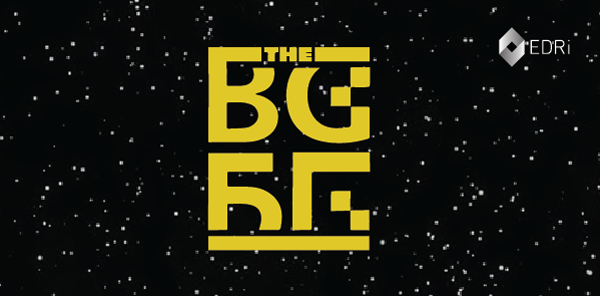Copyright reform: The Bulgarian Presidency strikes back
Article 13 is a key issue in the discussions on the “Proposal for a Directive on Copyright in the Digital Single Market” that have been going on since 2016. It proposes requiring services that store content on the internet for users to “take measures, such as content recognition technologies, aimed at preventing the upload of infringing content”.

According to the European Commission, and contrarily to what you might think, it does not mean that the Article 13 provides for a general monitoring obligation. You see, according to the Commission, online platforms do not have to use content recognition technologies, they just have to prevent the upload of copyright infringing content by their users. How they can do that without resorting to general monitoring is unclear, as shown by the suggestion of the European Commission to monitor content using content recognition technologies.
The Bulgarian Presidency of the Council of the European Union, on the other hand, is more straightforward. It proposes to target online platforms that would have to comply with the new obligations by regrouping them under a new notion of “online content sharing service” (OCSS). These would be defined as companies whose profits rely on the organisation and presentation of user-uploaded content that is copyright protected. These OCSS would then be liable under Article 13.
Alternatively, the Bulgarian Presidency proposes to create new liability rules only for “service providers that communicate to the public”. In practice, OCSS would benefit from this “targeted limitation of liability” if and only if they do not “take effective measures to prevent the availability on its services of these unauthorised works” or if they do not “act expeditiously to remove or disable access to the specific unauthorised work [and] prevent its future availability”. Upload filtering, in other words
It is worth noting that the Commissioner responsible for the file, Andrus Ansip, the Prime minister of Estonia, supported the Anti-Counterfeiting Trade Agreement (ACTA), which had the same mandatory-not-mandatory approach to filtering the internet.
Discussion paper on Article 11 and Article 13 (06.02.2018)
http://data.consilium.europa.eu/doc/document/ST-5902-2018-INIT/en/pdf
Ansip reiterates support for ACTA (13.02.2012)
https://news.err.ee/103191/ansip-reiterates-support-for-acta
Smashing the law without breaking it: A Commission guide (07.02.2018)
https://edri.org/smashing-the-law-without-breaking-it-a-commission-guide/
(Contribution by Anne-Morgane Devriendt, EDRi intern)


